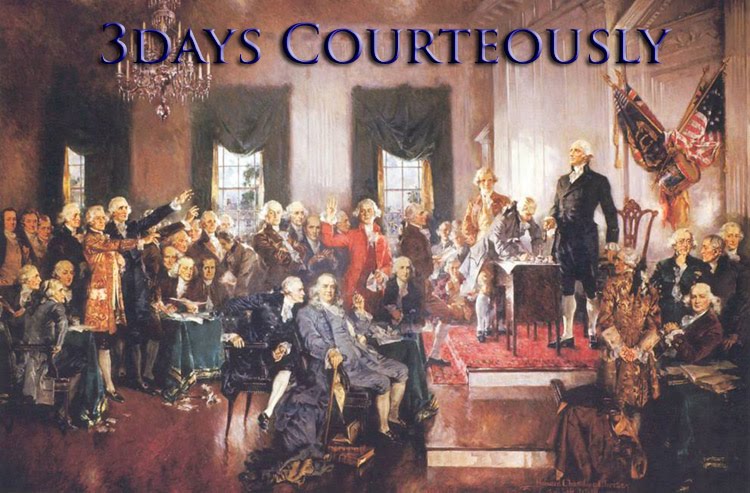
I've tried to convince myself that as long as the Christmas lights are still up around the neighborhood I have good reason to be writing about Christmas. Unfortunately, despite my journalism training, timeliness doesn't appear to be my strongsuit when it comes to this blog.
I try to read A Christmas Carol every Christmas, and I've done so every year since my European history teacher, Mr. Rice, recommended it. Now that I think about, I'm sure he must have given extra credit for it, because I was far too lazy in high school to read something for enjoyment — during vacation nonetheless. Not too much has changed since then.
As I read the book this time, one thought was pounded into my mind. Let me preface this thought by saying that Charles Dickens was a deeply Christian man, and his deeply-rooted faith is evident in A Christmas Carol's first pages. While we may read A Christmas Carol every year, he wrote a history of Jesus Christ's life and teachings and read it to his children every Christmas. It's clear what Dickens wanted his children to celebrate in Christmas.
Perhaps this is why I find it ironic that some of the most richest and most Christ-oriented elements in A Christmas Carol are often sterilized in modern portrayals of the story as to transform the book into nothing more than an advocate for basic notions of humanitarian goodness. Of course, these things are an important of the book and essential parts of being a Christian, but it is not the only or even core lesson Dickens intended for his work.
From the beginning, Marley is the antithesis of "someone who knew how to keep Christmas well." He was "good man of business," but he neglected the needs of those around him and closed his heart to humanity and life's highest gifts. In explicit terms (which are often left out of modern versions), Marley tells Scrooge that he suffers most at Christmas and rhetorically asks Scrooge "Why did I walk through crowds of fellow-beings with my eyes turned down, and never raise them to that blessed Star (Dickens' emphasis) which led the Wise Men to a poor abode! Were there no poor homes to which its light would have conducted me!"
Dickens is in control of his work. The reference to Christ as the solution to Marley's miserable life and subsequent suffering is not by accident, and its omission from modern portrayals risks misunderstanding the story as a whole. If Marley represents what Scrooge's suffering will be, then Christ is the only way to escape it. If Marley is a life of misery looks like, Christ is the source of Scrooge's rebirth to into the life of happiness that we see at the end of the book. Dickens sets up the dichotomy from the beginning. Christ on one hand, misery on the other.
The remainder of the book is equally remarkable in its subtle references to Christ, and I'll perhaps take the time to write about them later — or maybe let you figure them out. The book is a rich read, and I highly suggest it for Christmas (or anytime) reading, and especially the kind of reading that doesn't mind being interrupted by reflection from time to time.
My favorite version was put out a few years ago. The illustrations are by P.J. Lynch and the words are Dickens', in their entirety. Lynch's work is beautiful and gives the story the added grace of a children's book, all while maintaining the depth and feel of the original. Here's a link to Lynch's work.


I still prefer the Muppet Christmas Carol, but I'm sure this one is worth a chance too.
ReplyDeleteGreat stuff I am thoroughly persuaded to read the book this month thanks for the keen insight.
ReplyDelete